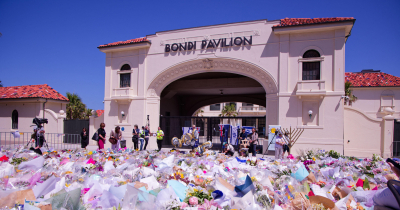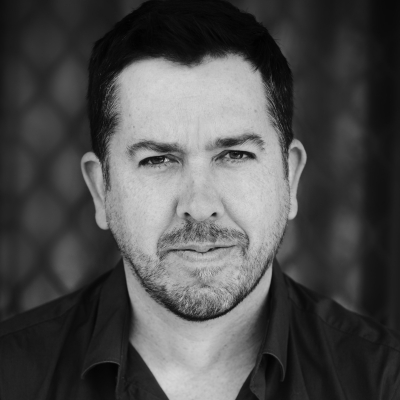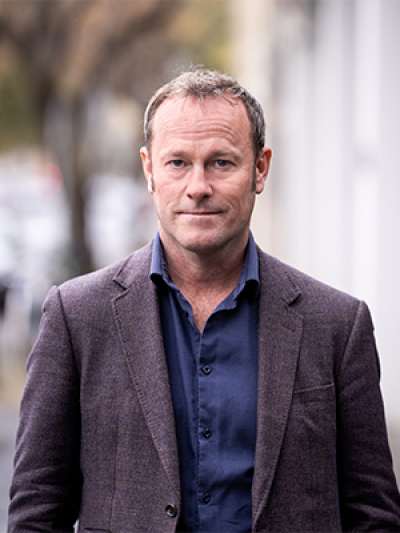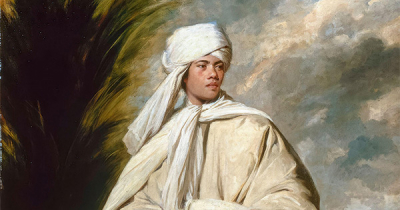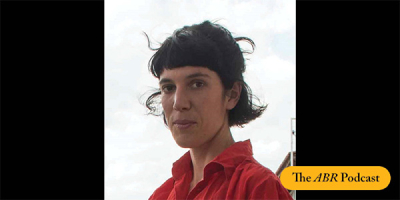Commentary
As the January-February issue of Australian Book Review went to print, a horrifying event was unfolding: the largest terrorist attack on Australian soil and one unambiguously targeting Jews who were celebrating Hanukkah at ‘Chanukah by the Sea’, on Bondi Beach. There is time for examining the deep-seated, long-standing, global factors which led to this – as well as, perhaps, the human-scale, emotional, even banal ones – but, at ABR, we decided now is a time for personal reflection, listening, and grace, as Waleed Aly recently put it.
... (read more)Shakespeare is not a hoax, but he is hoaxy. The field of Shakespeare studies is brimming with fibs and fables. There are the ‘Shakespeare heretics’ who have posited, on flimsy evidence, that Henry Neville, Francis Bacon, Edward de Vere, or someone else was the ‘secret author’ of William Shakespeare’s works. There have been plenty of frauds and near-frauds on the ‘orthodox’ side of Shakespeare studies as well. A.L. Rowse, for example, simply made up an elaborate back story for the ‘Dark Lady’ of Shakespeare’s sonnets.
... (read more)Amazon is a company that seeks to carefully control its messaging. This is not surprising, since careful messaging is exactly what its ethical record suggests the company needs. Amazon has also, since its inception thirty years ago, embraced automation as a central component of its business model and workflow and sought to avoid any possibly unnecessary, which is to say open-ended or human, correspondence with business partners or customers. Thus, when a representative of Amazon declaims publicly, one can be assured that what is said has been considered.
... (read more)From the outside, publishing might look like an industry invested in words, ideas, and the work of authors, and editors. But, as with other centres of cultural production such as universities, the neo-liberal ideologies of increased efficiency, deregulation, and higher returns have increasingly determined how books are made.
... (read more)Last year, the European and International Book Federation revealed that Australia had lower reading and book buying rates than nineteen other countries. Only sixty-four per cent of Australians had purchased a book in the past twelve months, compared to an average of seventy-two per cent of people in the other countries.
... (read more)How to value a book
How might we measure the value of a locally produced book? Or, in a more collective sense, how might we put a value on a local books and literary sector, one that is distinct from the larger English-language markets of the Northern Hemisphere and attentive to our own regional and cultural ways of being, doing, and belonging? What does value mean in the context of the local book? And on whose terms might it be expressed?
... (read more)This week, on The ABR Podcast, we feature Sean Scalmer’s commentary ‘Albanese’s “Australian Way”: The rise of “progressive patriotism” and its complex past’. Scalmer investigates Albanese’s definition of the ‘Australian Way’, which ‘served as a touchstone on the campaign trail’, and asks what this ethos represents for the Labor government, particularly in the context of Australia’s complex history of labour reform.
... (read more)Zoom in. The most unusual detail in this painting is the left hand, with tattooed dots carefully spaced across its back and knuckles. The fingers themselves are poorly done. The thumb and pointer are folded into the figure’s thick cloth folds, but the other three digits lie on the material like tapered slugs. Today they might be held up as evidence of AI image generation – bad hands are the quickest tell. In the eighteenth century, to the initiated, bad hands were a sign that the work came from the studio of Sir Joshua Reynolds.
... (read more)This week, on The ABR Podcast, we feature ‘Deeper into darkness: Iran after the twelve-day war’. Australian journalist Zoe Holman writes on life in Iran after the recent twelve-day war, investigating whether conflict brought Iranians closer to democracy or further away from it.
... (read more)‘To the victor belongs the spoils.’ The adage is attributed to William Macy, New York senator and defender of Jacksonian democracy. The aftermath of victory allows one to frame significance, settle scores, and proclaim lessons that will justify and guide a new government.
... (read more)

